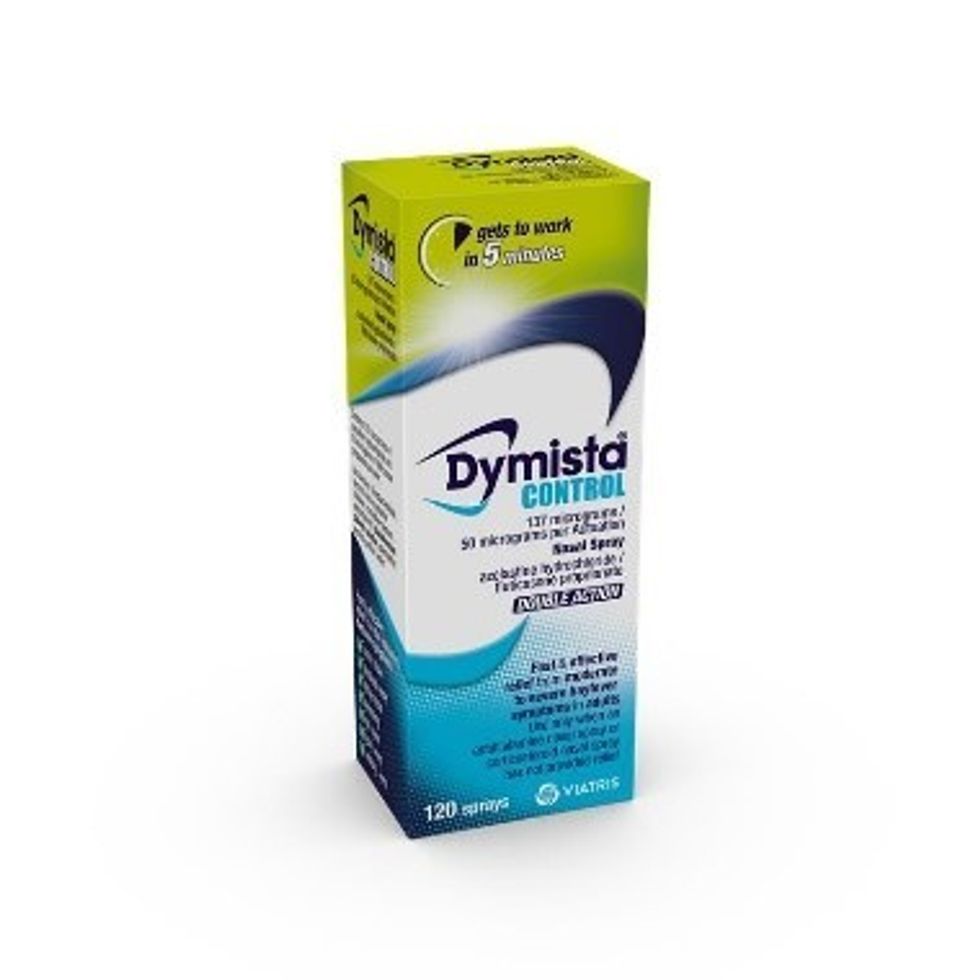The Medicines and Healthcare products Regulatory Agency (MHRA) is reminding asthma patients to use their preventer (anti-inflammatory) inhalers regularly as prescribed, rather than relying solely on their blue inhalers, also referred to as reliever inhalers.
“Without regular use of a preventer inhaler, symptoms could worsen and increase the risk of severe asthma attacks,” the MHRA warned.
The reminder follows updates to the product information for short-acting beta 2 agonists (SABAs) — including salbutamol and terbutaline — which are used to relieve sudden asthma symptoms such as chest tightness, wheezing, coughing and breathlessness.
Last year, the MHRA updated UK product information for SABAs, strengthening warnings on the risk of asthma deterioration due to SABA overuse.
The National Institute for Health and Care Excellence (NICE) also published new national asthma guidance (NG245) in November 2024, which no longer recommends prescribing SABA alone for any age group.
Instead, the majority of patients are now advised to use combination inhalers containing both preventer (anti-inflammatory) and reliever medicines, either as Anti-Inflammatory Reliever (AIR) or Maintenance and Reliever Therapy (MART).
“Patients should use their preventer inhaler as prescribed by their doctor, even if their asthma feels under control,” said Dr Alison Cave, Chief Safety Officer at the MHRA.
“Blue inhalers are important for treating symptoms during an asthma attack, but should not be used as the only treatment to manage asthma.”
Patients are advised to speak to a healthcare professional if they need their blue inhaler more than twice a week, as this could indicate their asthma is not well controlled.
If asthma symptoms, such as chest tightness, wheezing, coughing or difficulty breathing, worsen or are not relieved by the blue inhaler, patients are advised to seek urgent medical help.
Patients prescribed a blue inhaler for use during asthma attacks should also be prescribed a separate daily preventer inhaler, the MHRA noted.
Those using a blue inhaler without a dose counter are advised to manually track the doses and ensure they always have access to a spare blue inhaler before the current inhaler runs out or expires.
In addition, the MHRA has issued a Drug Safety Update to healthcare professionals, reminding them of the risks associated with the overuse of blue inhalers.
A December 2024 report from the UK National Child Mortality Database (NCMD) revealed that 87% (47 out of 54) of children who died from asthma had been dispensed three or more SABA inhalers in the year prior to their death.
There is a well-established link across all levels of asthma severity between receiving three or more SABA prescriptions in a year and an increased risk of severe asthma exacerbations.










 Dymista® CONTROL (azelastine hydrochloride and fluticasone propionate) nasal spray
Dymista® CONTROL (azelastine hydrochloride and fluticasone propionate) nasal spray ![Potential Side Effects of Mounjaro [What You Need to Know]](https://www.pharmacy.biz/media-library/image.jpg?id=54516976&width=1245&height=700&quality=90&coordinates=0%2C29%2C0%2C29)








